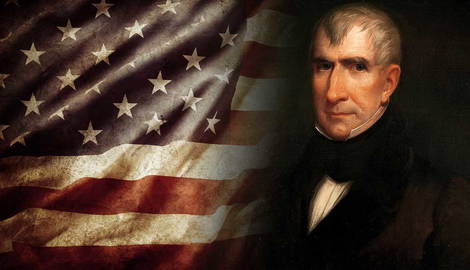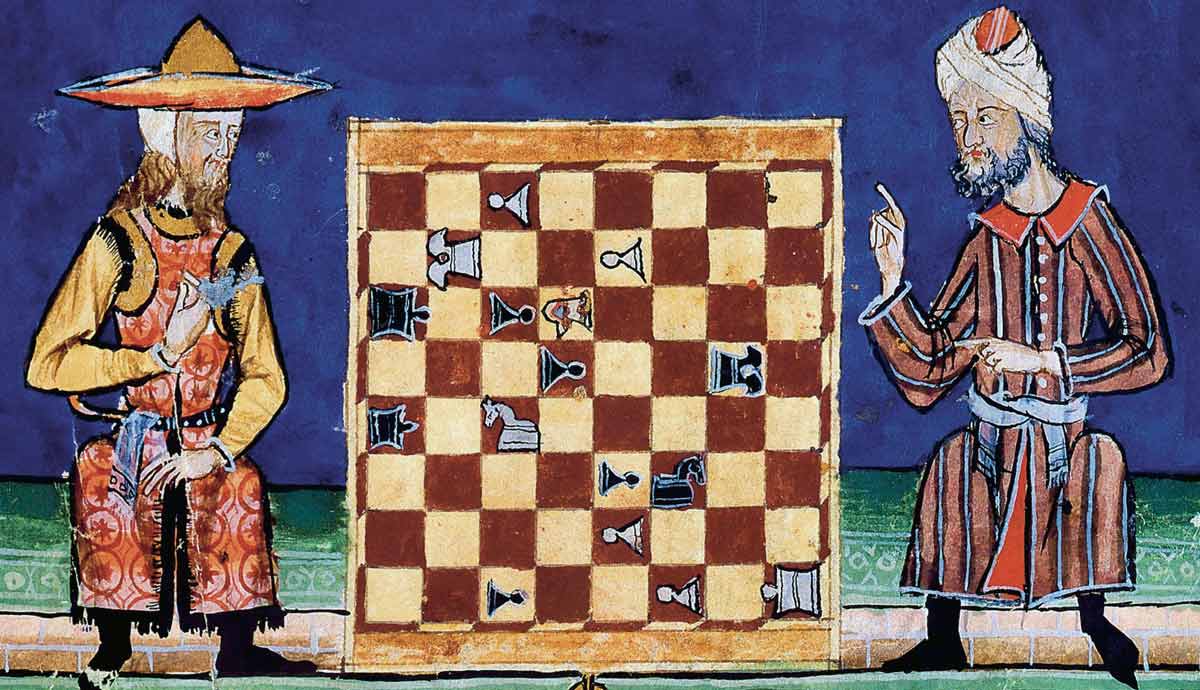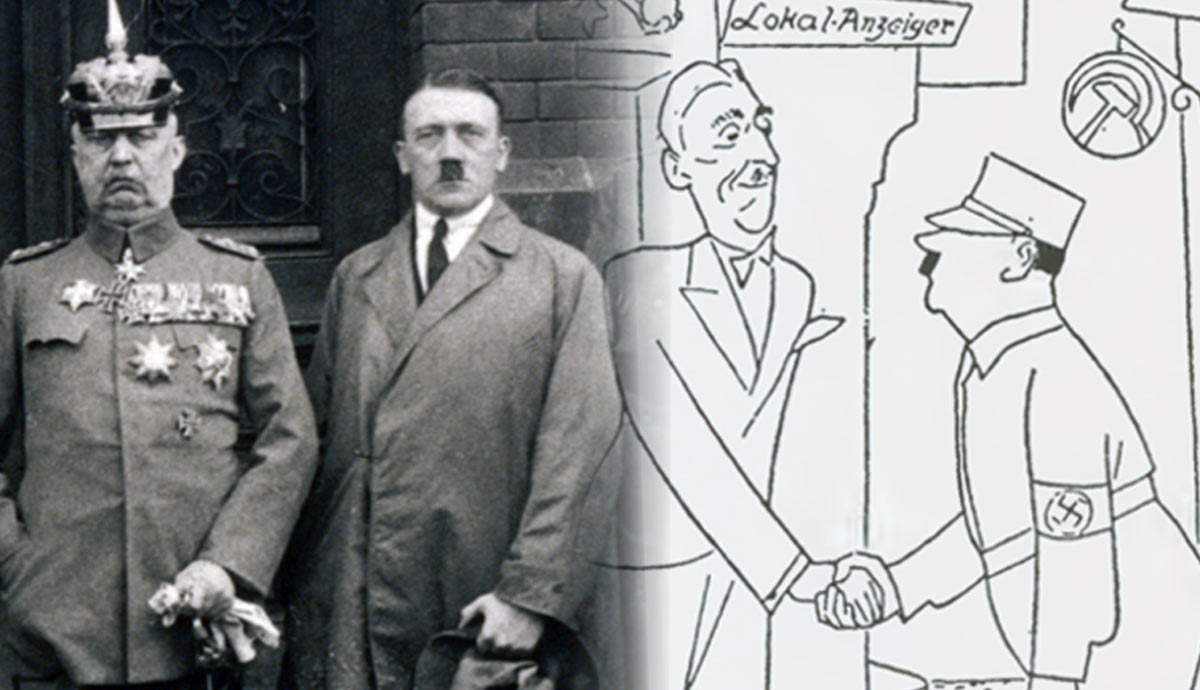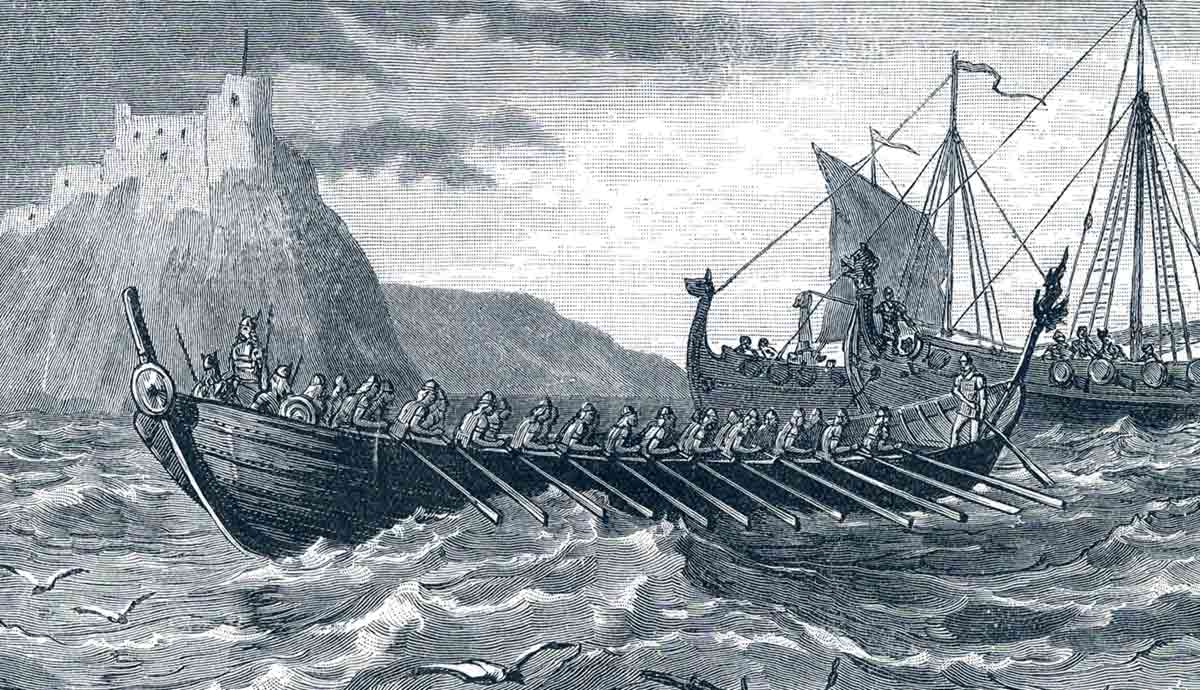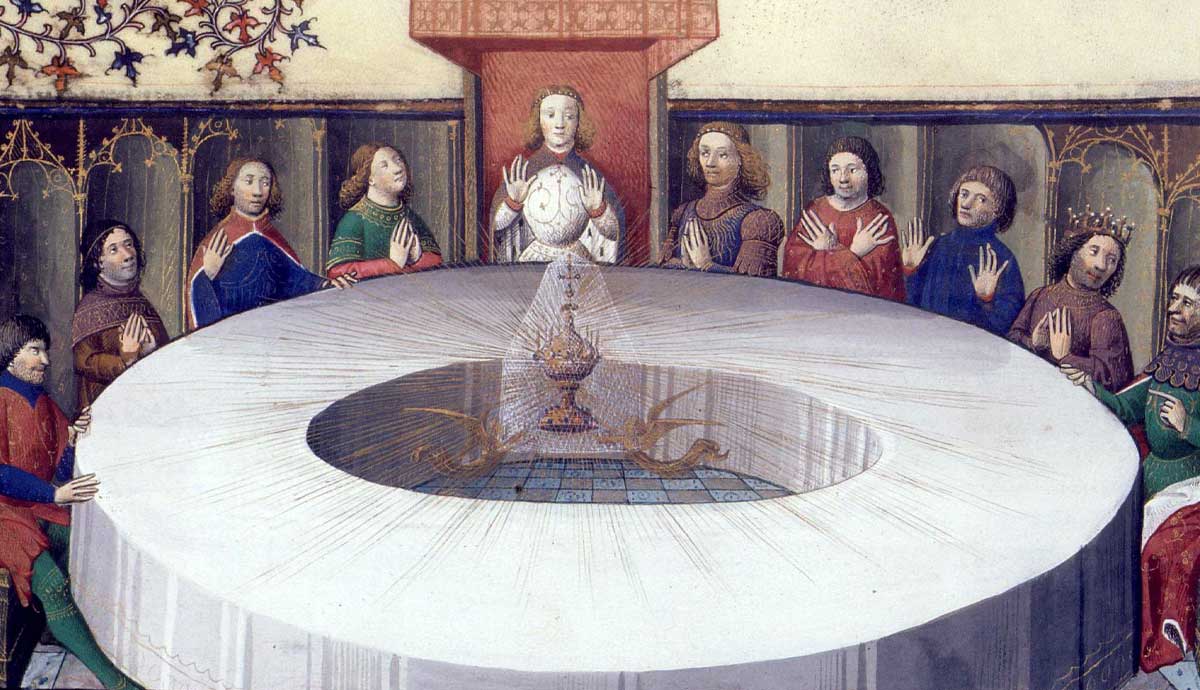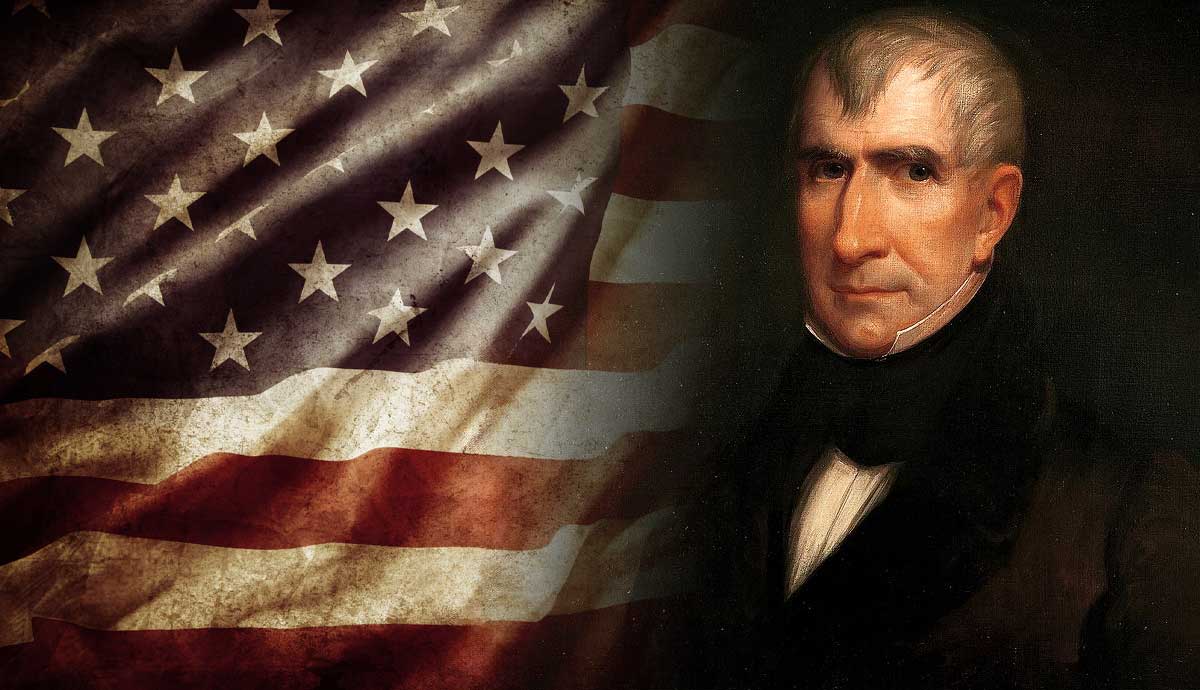
William Henry Harrison began his career in the military, served as Secretary of the Northwest Territory, and Governor of Indiana. He rose to the rank of Major General of the US Army during the War of 1812. In 1840, Harrison was elected as the 9th president of the United States – the last president to be born a British colonial subject in the Thirteen Colonies. His grandson, Benjamin Harrison became the 23rd President of the United States. Tragically, Harrison died of pneumonia just one month into his presidency, making him the shortest-serving president in US history.
Early Life and Political Career

William Henry Harrison was born into the prominent Harrison family of Virginia in 1773. His father, Benjamin Harrison V, a Virginia planter, colonial politician, and US Founding Father, raised him at Berkeley Plantation, the family homestead and one of the first slave plantations in America.
The youngest of seven children, William was home-tutored before receiving an education in classics and history at Hampden–Sidney College, Virginia. After his father’s death in 1791, Harrison moved to Philadelphia. He briefly studied medicine in Richmond before dropping out and embarking on a military career.
Harrison joined the US infantry regiment and served in the Northwest Indian War (1785-1795). In 1798, he resigned from the military to become Secretary of the Northwest Territory. The following year, he was elected as the first delegate to the US Congress from the Northwest Territory. In 1800, President John Adams appointed him as Governor of the newly established Indiana Territory.
Military General

As Governor of Indiana, Harrison’s primary role was obtaining titles to Indian lands for white settlers. Tensions soon escalated with the Shawnee Warrior-Chef, Tecumseh. In 1811, Harrison led a force of 950 men in a bid to intimidate Tecumseh, but his men launched a surprise attack that became known as the Battle of Tippecanoe (1812). He emerged victorious, earned the nickname “Old Tip,” and became nationally famous.
Following the US declaration of the War of 1812 against Britain, Harrison was appointed Major General of the US Army. In 1813, he led American forces to victory at the Battle of the Thames, where Tecumseh was killed, effectively breaking the power of his emerging Native American Confederation.
Harrison’s successes in the war secured his national reputation, and he was later awarded a gold medal by Congress for his services to the nation. He resigned from the army in 1814, shortly before the conclusion of the war, and thereafter returned to civilian life.
Presidential Campaigns

In 1836, William Henry Harrison ran unsuccessfully as the Western Whig candidate for President. Four years later, he ran again, this time successfully challenging the popular Democratic incumbent, Martin Van Buren. Despite being born into an aristocratic Virginia family, Harrison’s 1840 campaign emphasized his military achievements and “everyman” appeal.
His campaign capitalized on an attempted Democrat smear portraying him as an out-of-touch old man, who would rather sit in his log cabin drinking hard cider than govern. The attempt backfired spectacularly, as Harrison was recast as a heroic frontier soldier against the image of a champagne-swilling, lavish-living President Van Buren.
Ironically, a scion of the slaveholding Virginia elite ascended to the White House by cultivating a false image of a humble frontiersman connected to the common people. Harrison won the popular vote by a narrow margin of 150,000 votes but dominated the Electoral College, winning 234 to 60.
Presidency and Death

Among Harrison’s most eye-catching promises as president was to re-establish the Bank of The United States. As a slaveholder, navigated the issue of slavery cautiously, maintaining that it was a matter for individual states to resolve. He generally supported a limited presidency in line with Whig principles and lacked a notable domestic program when he entered office.
Tragically Harrison’s famously lengthy inaugural speech contributed to his demise. On March 4th, 1841, a bitterly cold, wet day, he refused to wear an overcoat or hat, rode by horseback to the ceremony, and delivered a near two-hour long speech out in the elements.
By March 26th, he fell ill with a “severe chill,” which was later diagnosed as pneumonia He passed away on April 4th, 1841 at the age of 68, the oldest president to be elected at that time, and the shortest serving president in US history to date.
